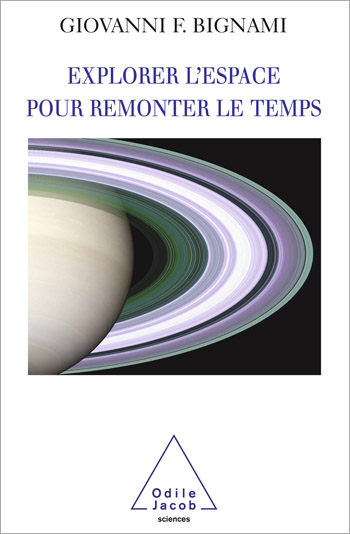Science All books
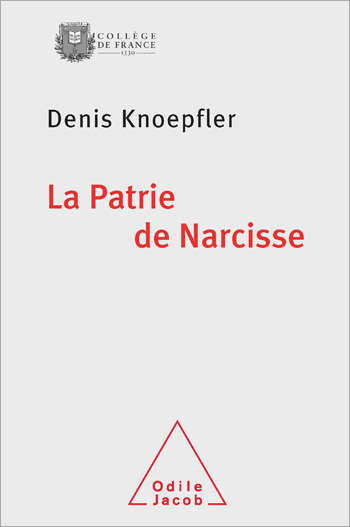
Denis Knoepfler
Narcissus and the Greek City
In this remarkable, erudite and beautifully written investigation, a renowned expert in Ancient Greek history sets out to uncover the true historic origins of a familiar figure from Greek mythology — Narcissus.
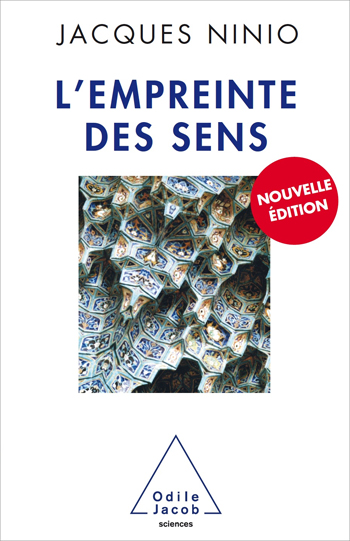
Jacques Ninio
The Print of the Senses
What is perception? What is the world around us really like? These are the questions that Jacques Ninio examines here, in this completely revised new edition of his highly successful work.

Antonio R. Damasio
Descartes' Error Emotion, Reason, and the Human Brain
Being rational is not denying oneself emotions. The brain which thinks, calculates, and makes decisions is not a different entity to the one which laughs, cries, loves, and experiences pleasure and annoyance. The heart has reasons that reason itself is far from being ignorant of. In opposition to the old Cartesian dualism and to all those who wish to reduce the functioning of the human mind to detached calculations worthy of a supercomputer stands the results of the latest neurological research : the absence of emotions and sentiments prevents us from being really rational. Antonio R. Damasio heads the department of neurology at the University of Iowa, in the United States, and teaches at the Institute of Biological Studies of La Jolla.
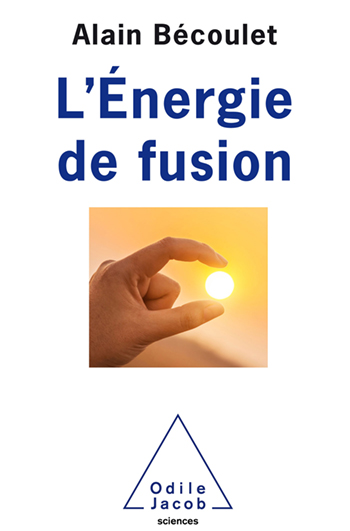
Alain Bécoulet
Nuclear Fusion
The great hope in the realm of energy transition: fusion produces almost no radioactive waste, and doesn’t emit CO2. . .
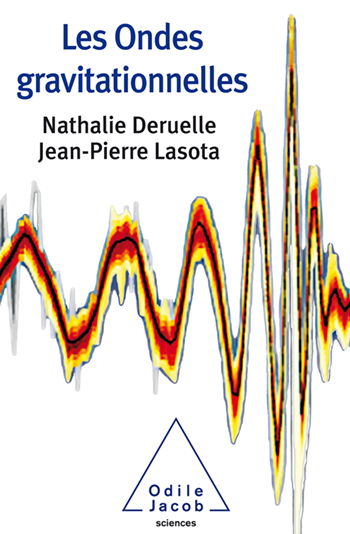
Nathalie Deruelle, Jean-Pierre Lasota
Gravitational Waves
An extraordinary, theoretical, and experimental saga told by two of the protagonists, or how a purely theoretical notion became a physical reality. A revolution: telescopes now observe in gravitational waves also! Astronomy of the future will be gravitational.
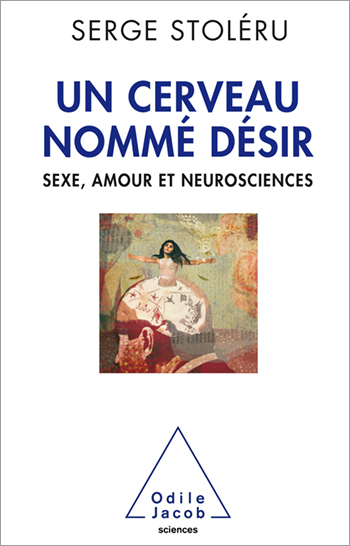
Serge Stoléru
A Brain Named Desire Neuroscience, sex and love
This book follows the route that has led to a better understanding of sexual desire and love: from psychology to neuroscience, passing through attachment theory, ethnology and the theory of evolution.
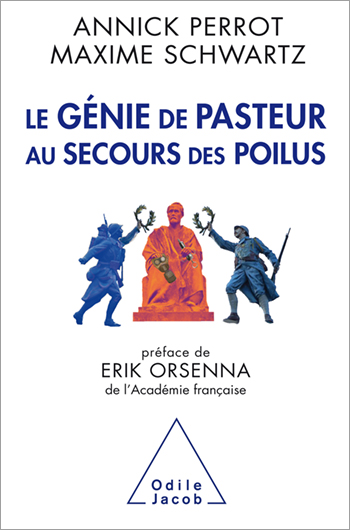
Annick Perrot, Maxime Schwartz
The Genius of Pasteur: Saving the ‘Poilus’
How Pasteur and his followers saved lives and changed the course of the war in 1914-1918
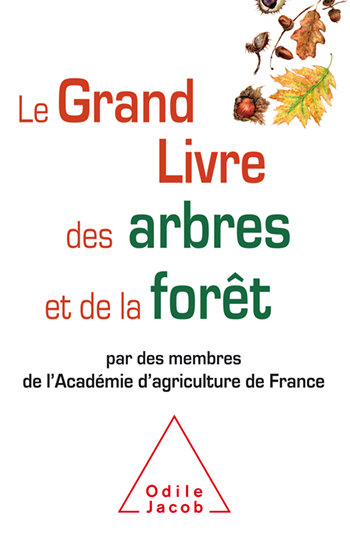
Académie d'agriculture de France
The Big Book of Trees and Forests Draw a forest for me
In the same vein as the Grand livre de notre alimentation [The Big Book of Food], this book responds to all our questions on forests.
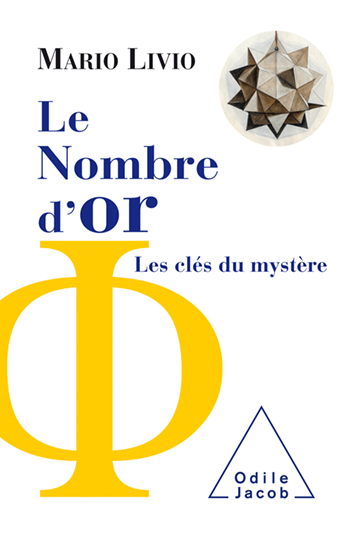
Mario Livio
The Golden Ratio: The Story of PHI, the World's Most Astonishing Number A mathematical myth
The Golden Ratio is a captivating journey through art and architecture, botany and biology, physics and mathematics.
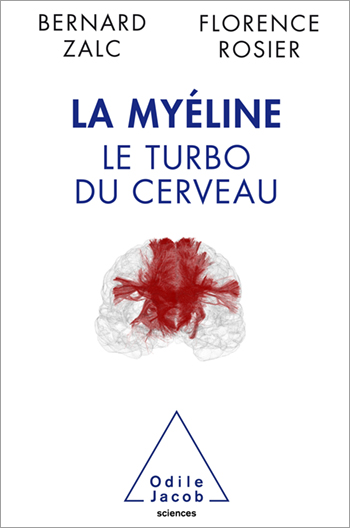
Bernard Zalc, Florence Rosier
Myelin Turbocharging The Brain
A better understanding of the nerve impulse and its transmission leads to an improved understanding certain diseases, in particular multiple sclerosis, Guillin-Barre syndrome, Charcot disease (ALS), Niemann-Pick disease.
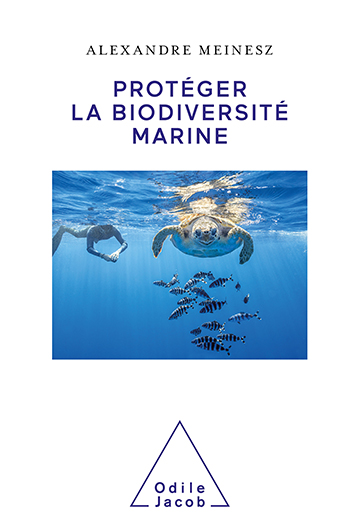
Alexandre Meinesz
Protecting Marine Biodiversity
A new approach to the threat of pollution in the Mediterranean by an expert in Mediterranean marine life.
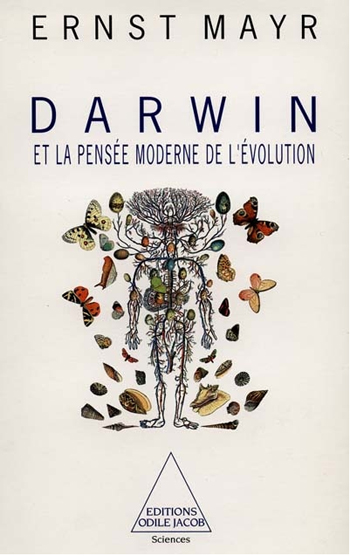
Ernst Mayr
One Long Argument: Charles Darwin and the Genesis of Modern Evolutionary Thought (Questions of Science)
Without Darwin, our knowledge of the living would not be what it is today. But who was really the author of The Origin of Species? Why did these hypotheses lead to one of the most important scientific revolutions of our time? To what questions was Darwin unable to find an answer? Ernst Mayr is a professor emeritus at Harvard University.
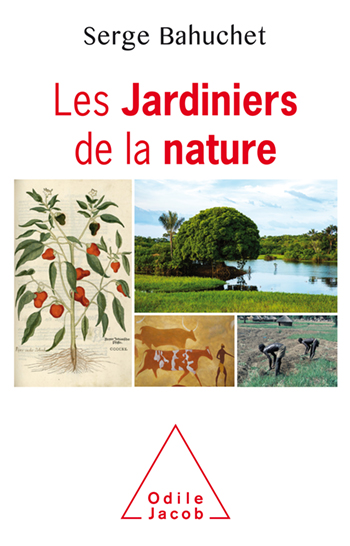
Serge Bahuchet
Nature’s Gardeners What kind of nature do we want?
A new view of the ties between man and nature. Covers a wide array of subjects, full of interesting details - a real pleasure to read
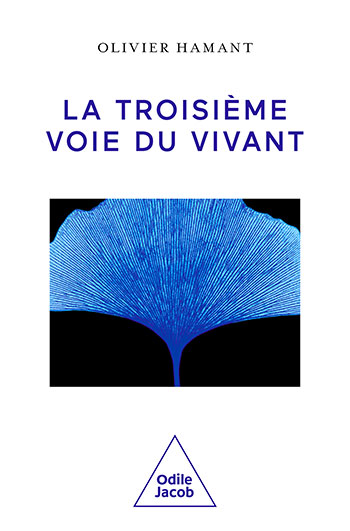
Olivier Hamant
The Third Path of the Living
To confront the ongoing climate of environmental and civilizational catastrophe, the life sciences offer us an alternative to the cult of performance that has been elevated to a dogma. A counter-model inspired by biology...
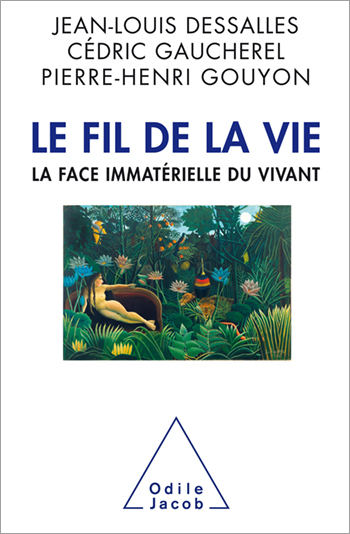
Jean-Louis Dessalles, Cédric Gaucherel, Pierre-Henri Gouyon
The Thread of Life The Immaterial Side of Existence
A true revolution in the understanding of life, the thesis put forward here is based on the scientific concept of information, the operation of detection and reading carried out by every living being.

